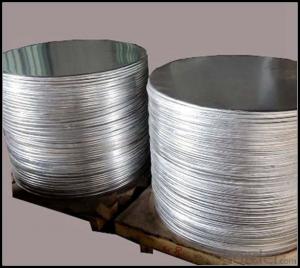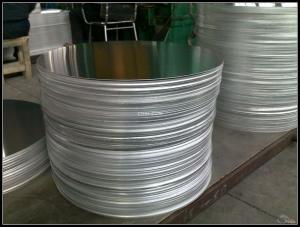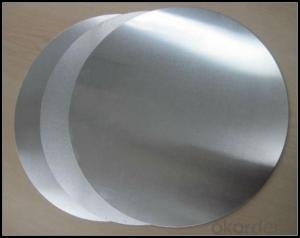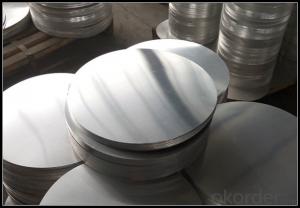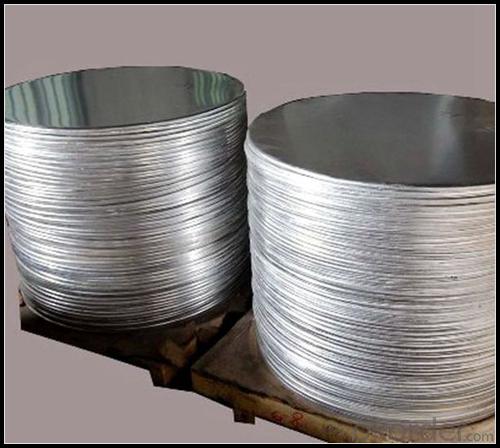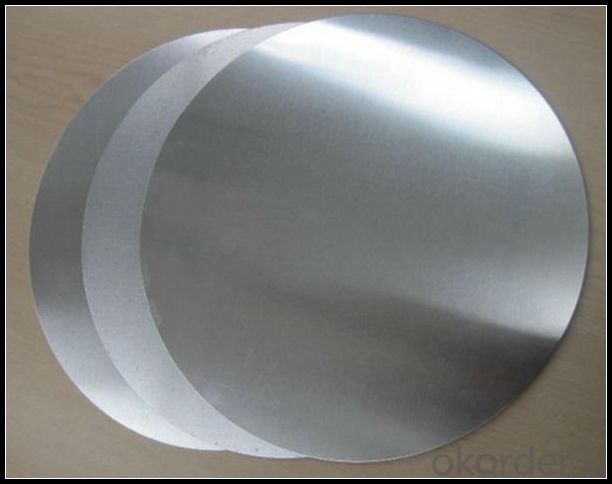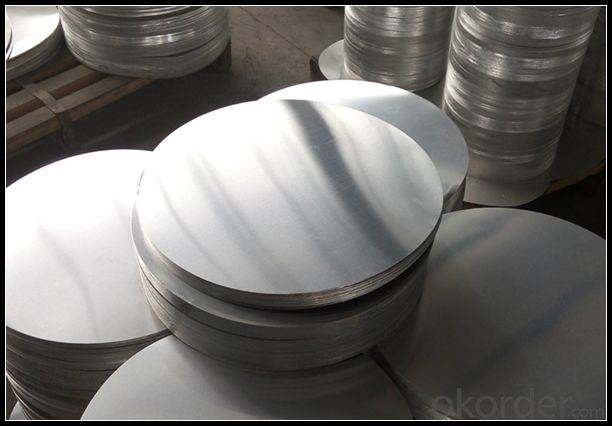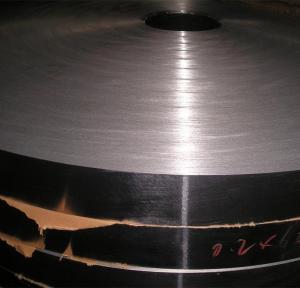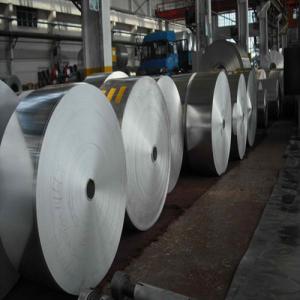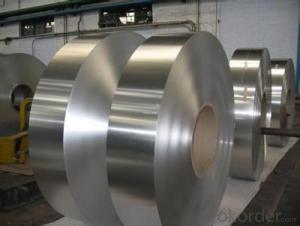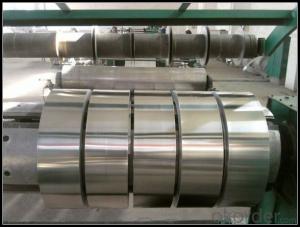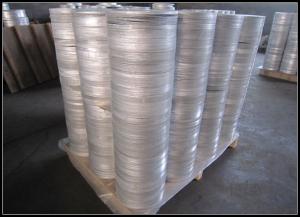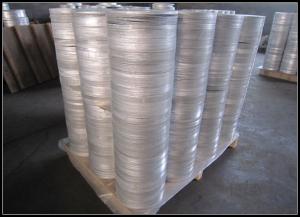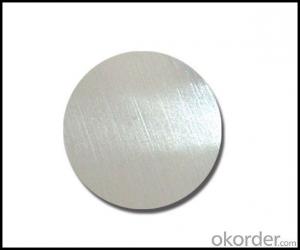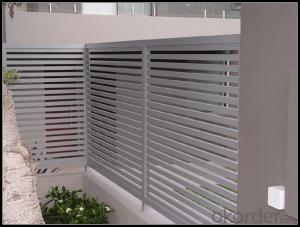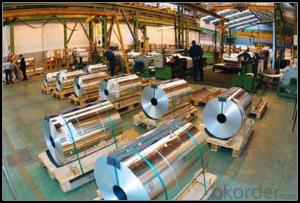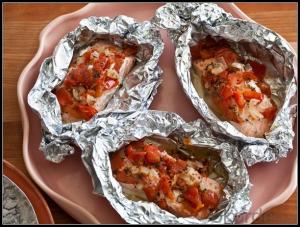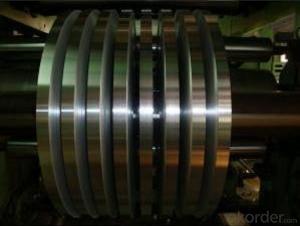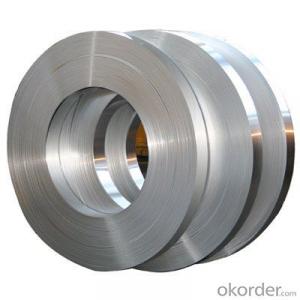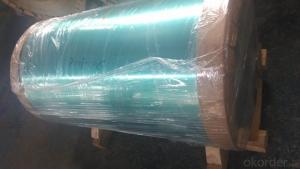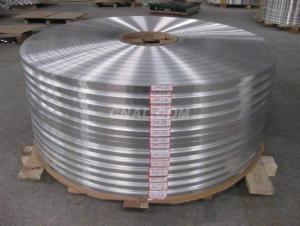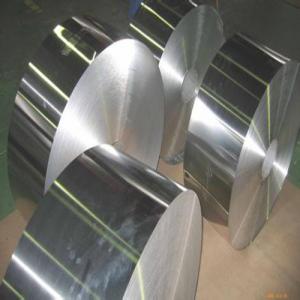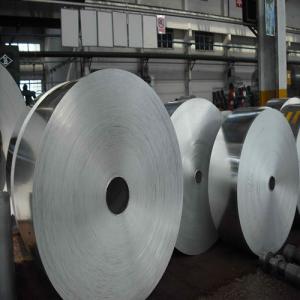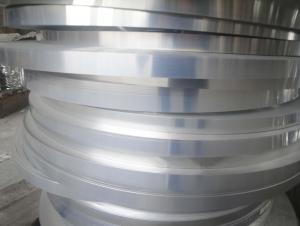Aluminum Transition Strips for Carpet - Aluminum Stucco Sheet with Different Specifications
- Loading Port:
- Tianjin
- Payment Terms:
- TT OR LC
- Min Order Qty:
- 1 m.t.
- Supply Capability:
- 4999 m.t./month
OKorder Service Pledge
OKorder Financial Service
You Might Also Like
Specification
1. Specification of Aluminum
1) Alloy | 1050, 1060,1100, 3003 3004 3105 3005 5005 5052 etc |
2) Temper | O/H12/H14/H1/H18/H32/H34/H36/H38//H111/H112/H116/H321/T6/T651/T3/T351 etc |
3) Thickness | 0.1mm to 6mm |
4) Width | 20mm to 3300mm |
5) Coil weight | 100kgs to 6 tons depends on actual requirement |
6) Core material | Aluminum alloy |
7) Coil Inner diameter | 76mm, 152mm,or as required |
2. Application of Aluminum
(1).Interior: wall cladding, ceilings, bathrooms, kitchens and balconies, shutters, doors...
(2).Exterior: wall cladding, facades, roofing, canopies, tunnels,column covers , renovations...
(3).Advertisement: fronts...
3. Feature of Aluminum
Features facilitating easy jointing are often incorporated into profile design. Fusion welding, Friction Stir Welding, bonding and taping are also used for joining.
4. Certificate:
SGS and ROHS(if client request, paid by client), MTC(plant provided), Certificate of Origin(FORM A, FORM E, CO), Bureau Veritas and SGS (if client request, paid by client), CIQS certificate
5. Image of Aluminum
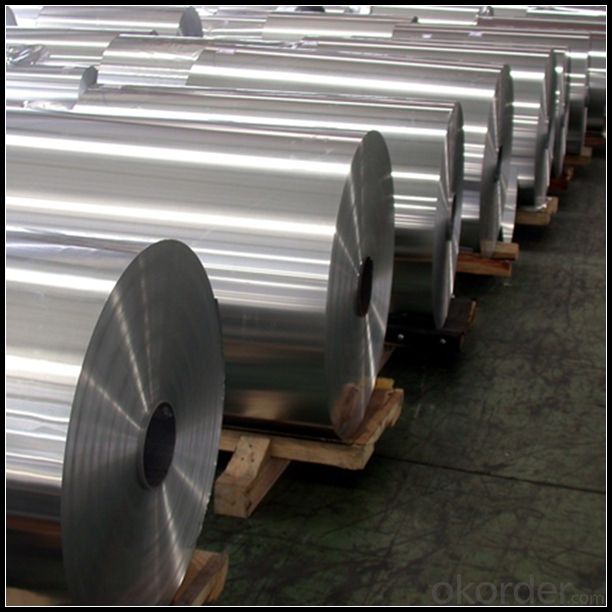
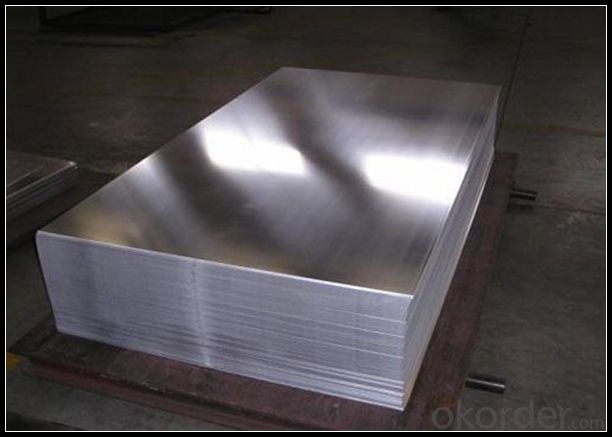
6. Our Service
1. Reply your enquiry in 24 working hours. |
2. OEM, buyer design, buyer label services provided. |
3. Exclusive and unique solution can be provide to our customer by our well traned and professional engineers and staffs. |
4. We can provide free sample for your check |
5. We have the certification of ISO 9001 |
6. Timely delivery |
7. Special discount and protection of sales area provided to our distributor. |
8. Good after-sale service. |
7. FAQ
Q: What is the produce prase? | ||||
A: Normally it would be 40days after received your deposit. | ||||
Q: Can you provide free samples? | ||||
A: Yes, free samples will be sent to you on freight at destination. | ||||
Q: Can I get your latest catalogue? | ||||
A: Yes, it will be sent to you in no time. | ||||
Q: What is the MOQ? | ||||
A: 3 tons | ||||
Q: What are your payment terms? | ||||
A: We accept L/C, D/A, D/P, T/T, West Union,etc. |
- Q: This question seeks to understand the distinctions between aluminum and copper as materials used for siding in construction.
- <p>Aluminum and copper siding differ in several ways. Aluminum is lightweight, corrosion-resistant, and requires minimal maintenance, making it a popular choice for durability and low cost. It is also available in a variety of colors and finishes. Copper, on the other hand, is heavier and more expensive, but it develops a natural patina over time, which can add a unique aesthetic appeal. Copper is also highly durable and recyclable, and it does not require painting. However, it is more prone to denting and can be more challenging to install. In terms of thermal performance, copper conducts heat better than aluminum, which can be an advantage in certain climates.</p>
- Q: This question asks for a comparison between aluminum strips and other common roofing materials, highlighting their distinct characteristics.
- <p>Aluminum strips are lightweight, corrosion-resistant, and have a long lifespan, making them ideal for roofing applications. They are also recyclable and can be easily bent and shaped. In contrast, other roofing materials like asphalt shingles are more affordable but have a shorter lifespan and are less eco-friendly. Metal roofing, similar to aluminum, is durable but can be heavier and more expensive. Clay and concrete tiles offer a traditional aesthetic but are heavy, require more maintenance, and are prone to breakage. Wood shakes and shingles are renewable but are less fire-resistant and have a shorter lifespan compared to aluminum.</p>
- Q: Which is better, an aluminum belt excavator or a tire excavator?
- Crawler for complex terrain, strong applicability and maneuverability is weak; tire flexibility, can be a wide range of mobile operations, operations such as cement or asphalt pavement crawler excavator can not enter, but only suitable for light duty work
- Q: This question asks for an explanation of the various types of aluminum cladding materials used in construction.
- <p>Aluminum cladding is a popular choice in construction for its durability and low maintenance. The different types include: 1. Aluminum Composite Material (ACM), which is lightweight and consists of two thin aluminum sheets with a non-aluminum core. 2. Aluminum Plate, a thicker and more rigid material used for structural applications. 3. Aluminum Extrusions, which are formed by pushing aluminum through a die to create specific shapes and profiles. 4. Aluminum Coil Coating, where aluminum coils are coated with a protective layer and used for roofing and siding. 5. Anodized Aluminum, which undergoes an electrochemical process to increase its resistance to wear and corrosion. Each type has specific applications and properties, making them suitable for different construction projects.</p>
- Q: Is it possible to use aluminum strips for exterior trim applications?
- <p>Yes, aluminum strips can be used for exterior trim. They are lightweight, durable, and resistant to corrosion, making them suitable for outdoor use. Aluminum trims are low maintenance and can withstand various weather conditions without rusting. They are also available in a variety of colors and finishes, allowing for flexibility in design. However, it's important to ensure proper installation and use high-quality materials to guarantee longevity and performance.</p>
- Q: What other materials could potentially be used in place of aluminum strips for specific uses?
- <p>Yes, there are alternative materials that can replace aluminum strips in certain applications. These include stainless steel, which offers high strength and corrosion resistance; copper, known for its excellent electrical conductivity; magnesium alloys, which are lightweight and have good thermal conductivity; and titanium, prized for its strength and resistance to corrosion. The choice of material depends on the specific requirements of the application, such as strength, weight, cost, and environmental factors.</p>
- Q: Can aluminum strips withstand harsh conditions like high humidity or salt spray?
- <p>Aluminum strips can be used in harsh environments to some extent, but their performance may be compromised. Aluminum is resistant to corrosion, making it suitable for high humidity conditions. However, in environments with significant salt spray exposure, aluminum can corrode over time, particularly due to the formation of galvanic cells when in contact with other metals. Protective coatings or anodizing can enhance its corrosion resistance, but it's not entirely impervious. Thus, while aluminum can be used in such environments, it requires proper protection and maintenance to ensure longevity.</p>
- Q: What are the drawbacks or negative aspects associated with the use of aluminum strips?
- <p>The disadvantages of using aluminum strips include their relatively low strength compared to some other metals, making them less suitable for heavy-duty applications. They can also be prone to corrosion, especially in humid environments, which can reduce their lifespan. Additionally, aluminum strips may not be as rigid as other materials, leading to potential issues with structural integrity. Lastly, while aluminum is recyclable, the recycling process can be energy-intensive, and the environmental impact of its production, including greenhouse gas emissions, should be considered.</p>
- Q: This question asks for a method to measure the width of aluminum strips.
- <p>To measure the width of aluminum strips, you can use a digital caliper or a micrometer, which are precise measuring tools. Place the strip between the jaws of the caliper and ensure it is aligned with the jaws' edges. Take the measurement at the widest point of the strip. If a caliper isn't available, you can use a ruler or tape measure, but this may be less accurate. For consistent measurements, measure the strip at multiple points to account for any variations in width.</p>
- Q: What types of metal sheets are better suited for specific applications and conditions?
- <p>Yes, different types of metal sheets are better suited for specific applications and conditions. For instance, stainless steel is excellent for food processing and marine environments due to its corrosion resistance. Aluminum is lightweight and conducts heat well, making it ideal for cookware and heat exchangers. Galvanized steel is used in construction for its rust protection. Copper is known for its high thermal and electrical conductivity, suitable for electrical wiring and plumbing. Each metal has unique properties that make it suitable for particular uses, and the choice depends on factors like strength, durability, weight, and cost.</p>
Send your message to us
Aluminum Transition Strips for Carpet - Aluminum Stucco Sheet with Different Specifications
- Loading Port:
- Tianjin
- Payment Terms:
- TT OR LC
- Min Order Qty:
- 1 m.t.
- Supply Capability:
- 4999 m.t./month
OKorder Service Pledge
OKorder Financial Service
Similar products
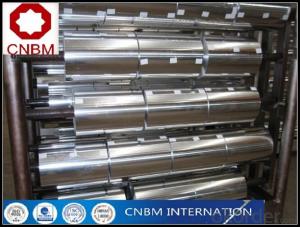
Stucco Embossed Aluminum Sheet with Different Specifications - Aluminum Transition Strips for Carpet
Hot products
Hot Searches
Related keywords
